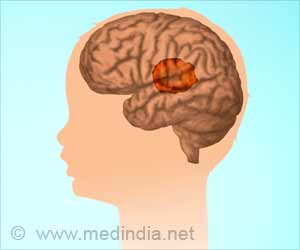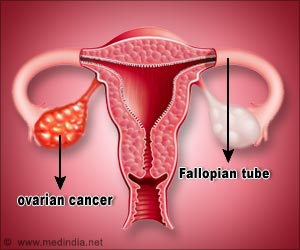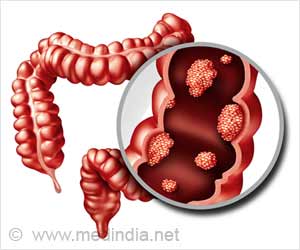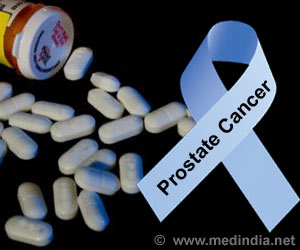Lung cancer, which is a dreaded diseases could be prevented and treated, according to experts.
Lung cancer, which is a dreaded diseases could be prevented and treated, according to experts.
Prevention, personalized therapies and closer collaborations between surgeons, medical oncologists and radiation oncologists will result in better outcomes for lung cancer patients and those at risk, a leading European expert says."Lung cancer is a complex disease. It is one of the most complex cancers, and the more we learn about the biology of the disease, the more we realize that improved cancer care will result from multidisciplinary treatment," said Prof Robert Pirker, from the Medical University of Vienna, Austria.
Prof Pirker is co-chair of the scientific committee of a new medical conference, the European Multidisciplinary Conference in Thoracic Oncology (EMCTO), being held for the first time this year, 1-3 May, in Lugano, Switzerland. The conference aims to further clinical and scientific cooperation between disciplines to help in the fight against lung cancer.
Over the past 5 years, researchers have established that for patients with operable cancer, surgery followed by chemotherapy can result in good outcomes. Now, large clinical trials are beginning to evaluate that adding molecular targeted therapies can further improve the chance of a successful outcome for some patients. In addition, doctors are now attempting to refine their treatments based on the clinical characteristics of individual patients, and based on the molecular profile of their tumor.
"More sophisticated and complex treatments require more cooperation," Prof Pirker says. "That is one of the reasons why we have organized this conference. We believe the result will be better outcomes for lung cancer patients."
For patients with metastatic disease, targeted therapies have already entered clinical practice or have shown survival benefit in clinical trials. Combinations of chemotherapy and radiotherapy are also improving outcomes of loco-regional non-small-cell lung cancer. "Cure is now possible in about 15% to 20% of patients whose disease can be treated in this way," adds Prof Jean-Paul Sculier, from Institut Jules Bordet in Brussels, Belgium. Prof Sculier will chair a session on treating advanced disease at the conference.
Advertisement
Barbara Zolty from the World Health Organization (WHO) will also highlight the importance of preventing lung cancer as the first and foremost weapon against lung cancer. Ms. Zolty will speak about the WHO Tobacco-Free Initiative with an enlightening keynote lecture entitled "A thousand seconds, a thousand lives."
Advertisement
ARU














